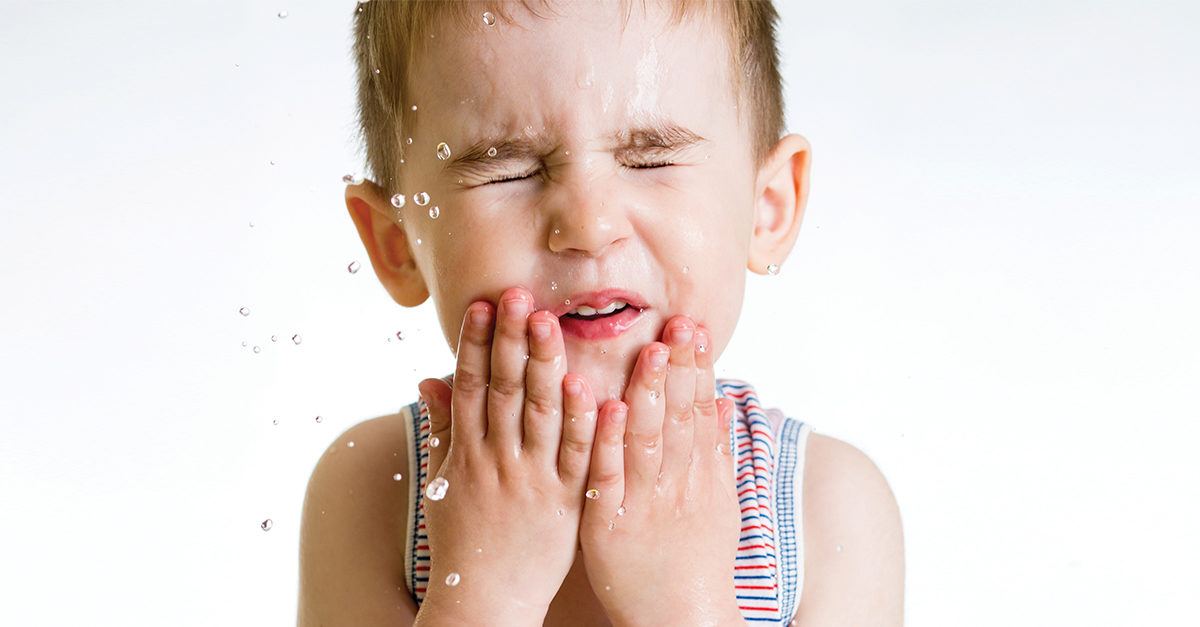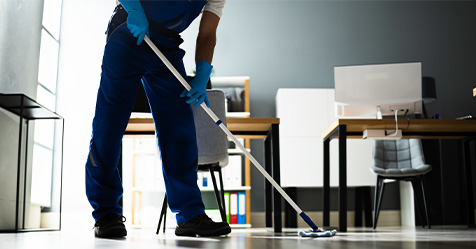If you could see me at work, you would see my face is resting against the palm of my left hand as I look at the computer screen; that may be the biggest mistake I have made today when it comes to preventing the spread of germs and bacteria.
In addition to touching my face, both my left and right hands have been used to pick up my phone, turn doorknobs, tie shoelaces, type on my keyboard, use an ATM, push a revolving door, and for scores of other activities I probably didn’t even notice.
Each time I use my hands to touch one of these surfaces, germs and bacteria on those surfaces transfer to my hands. So when I rest the palm of my hand on my face, especially if I have not recently washed my hands, germs and bacteria previously located on my keys or the screen of my phone have likely found a home there.
According to an article from Live Science, a study conducted by Dr. Wladimir Alonso—a global health researcher at the National Institutes of Health in Bethesda, MD—revealed “that people touched their faces an average of 3.6 times per hour, and common objects an average of 3.3 times per hour.”
Just to give you an idea of how serious this can be, multiple sources say cell phones have been known to harbor more bacteria than a toilet seat. If you think about how often we put our hands to our phones or other high-touch surfaces and then to our face, the problem becomes obvious.
Take it One Step Further
Handwashing is not the only way to attack germs that are making their way into our bodies through the mouth and nose after we touch our faces. Washing our faces more frequently would also combat health risks.
I’m well aware that adding regular face cleaning to a daily routine may be a problem for adults. For example, a 2014 joint study from NBC’sThe Today Showand AOL.com found that women spend on average 55 minutes per day working on their appearance, most of which is spent on applying oils, creams, and cosmetics to their face.
We cannot expect adults to wash their faces and repeat these grooming practices throughout the day. This means as cleaning professionals, all we can do is warn and educate adults that they should wash hands frequently and avoid touching their faces as much as possible.
However, we can still focus our attention on children, not only at home, but also in schools, day care facilities, and other types of facilities where children frequently visit. They likely are touching their faces even more than adults, and for them, proper hand hygiene may be intermittent at best. This means they are more likely to get sick from touching viruses, germs, and bacteria.
Getting Buy-In From Kids
Warning and educating children will only go so far. What we need to do is make hand and face washing fun. One way to accomplish this is with a rhyme. A catchy jingle may help many adults, as well.
You do not need an elaborate rhyme, song, or jingle to help encourage kids to wash their faces. Instead, teach them something simple, such as to sing to the tune of “Happy Birthday” twice as they wash their hands and then twice as they wash their face. For example:
Wash your face today,
Wash your face today,
Wash your face, dear Bobby,
Wash your face today.
Wash your hands today,
Wash your hands today,
Wash your hands, dear Bobby,
Wash your hands today.
According to an article published by PBS, a British doctor found 55 percent of the doctors and nurses at his hospital were not following guidelines when dealing with asthma management. Nearly 40 percent did not even know the hospital had asthma management guidelines for its patients.
In this case, a song was the answer. The story reported how the doctor recorded a video of himself singing a song about the asthma guidelines and posted it to YouTube. The article said the video“went viral among hospital staff. Two months after he released the video, Glenside conducted another survey, finding that 100 percent of doctors and nurses were now aware of the asthma treatment guidelines, and that compliance with the guidelines had increased markedly.”
What this doctor did and the results he achieved are not uncommon. In fact, songs and rhymes have been used for centuries to help us remember all kinds of information. A 2014 study published in Memory and Cognition has even found that we can learn a foreign language easier and faster if we sing the words instead of speak them.
The End Result
The bottom line: Encourage kids to wash their hands and faces more frequently. It will improve their health, and in turn, help to prevent the spread of germs in the facilities they frequent, such as schools and day care centers.




